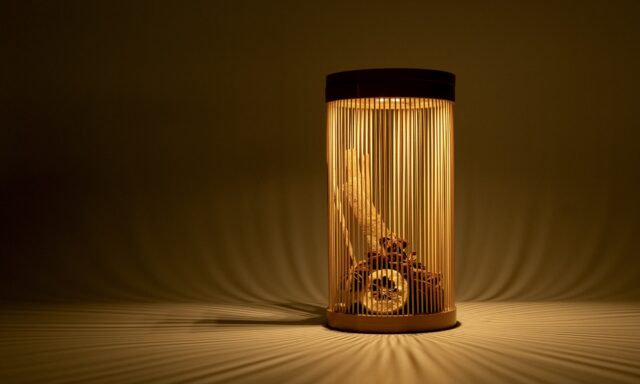Newly Launched “Yakiiro” Chopstick Rest by MIYAMA
New Products VOL.19
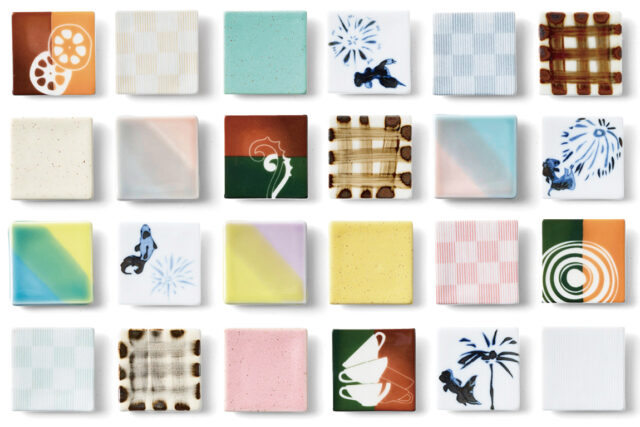

VOL.1-19
Update
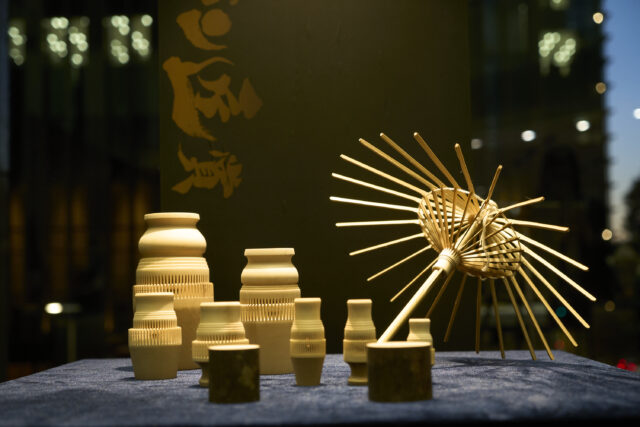
VOL.1-27
Update

VOL.1-4
Update
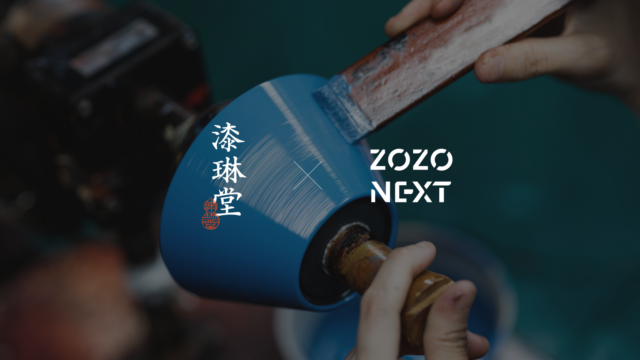
VOL.1-19
Update
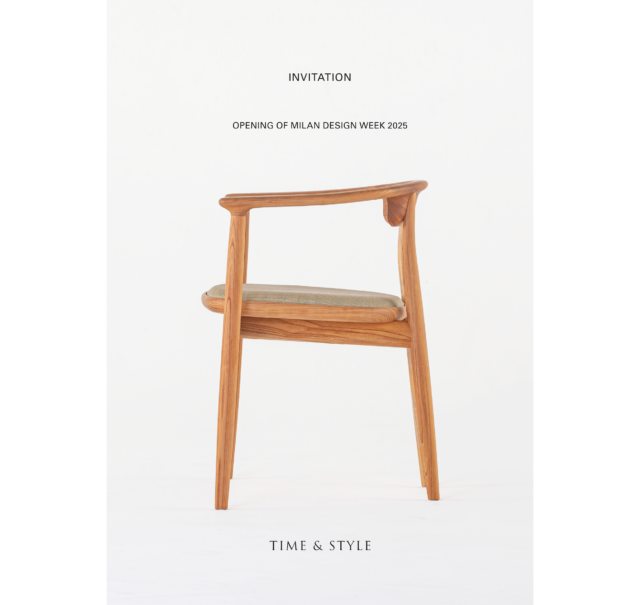
VOL.1-43
Update
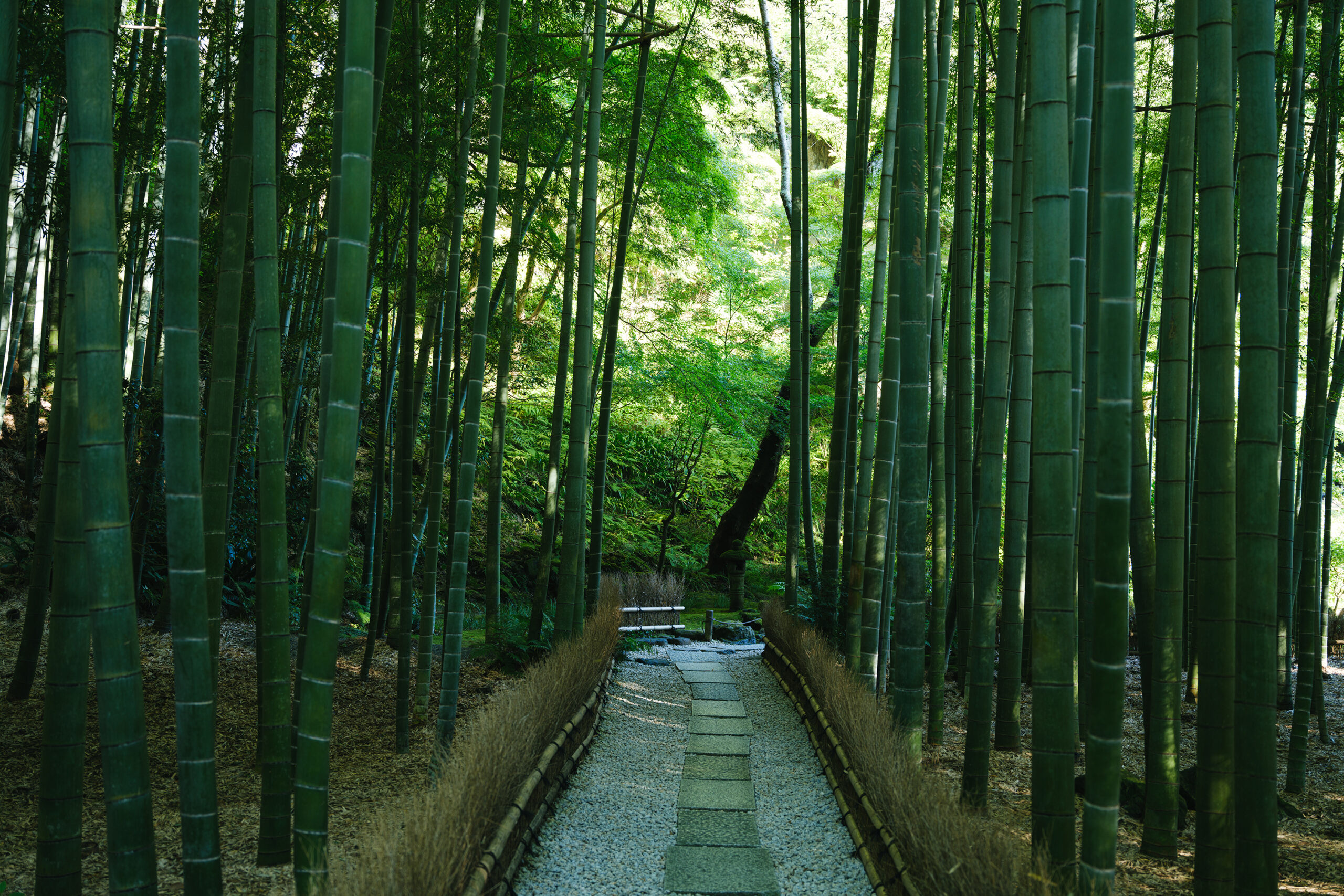
VOL.1-2
Update
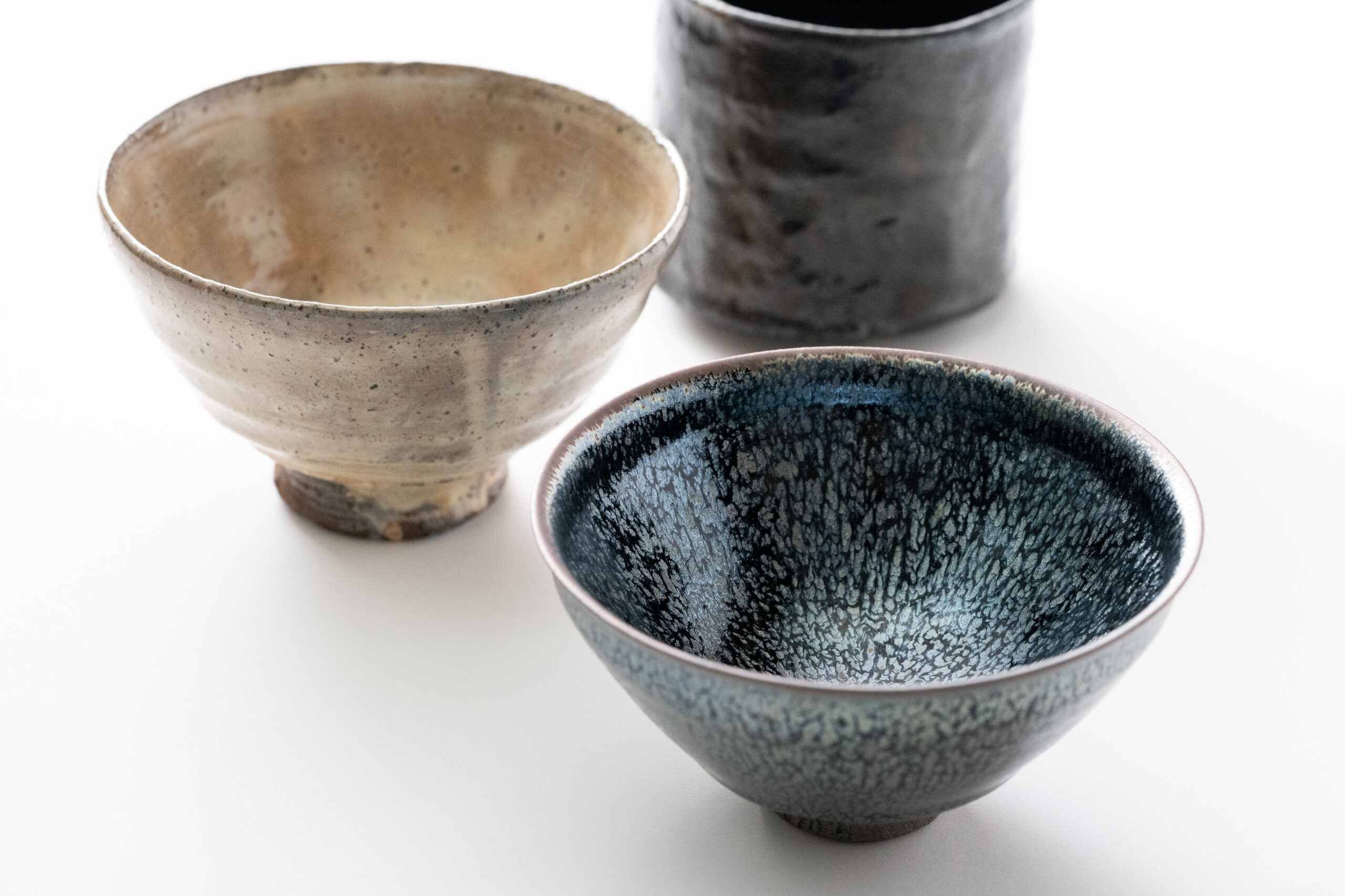
VOL.1-3
Update

VOL.1
Update

VOL.1-7
Update
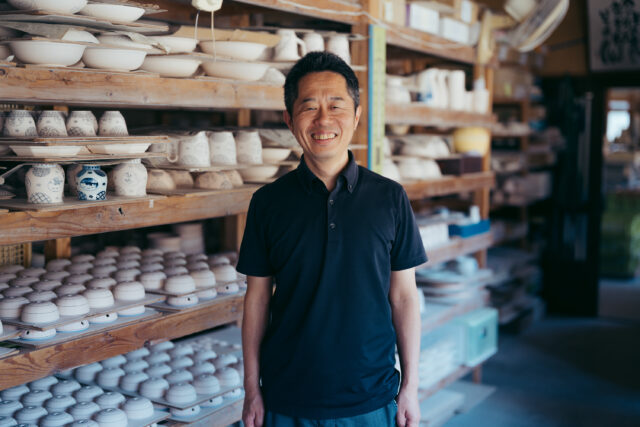
VOL.1-32
Update
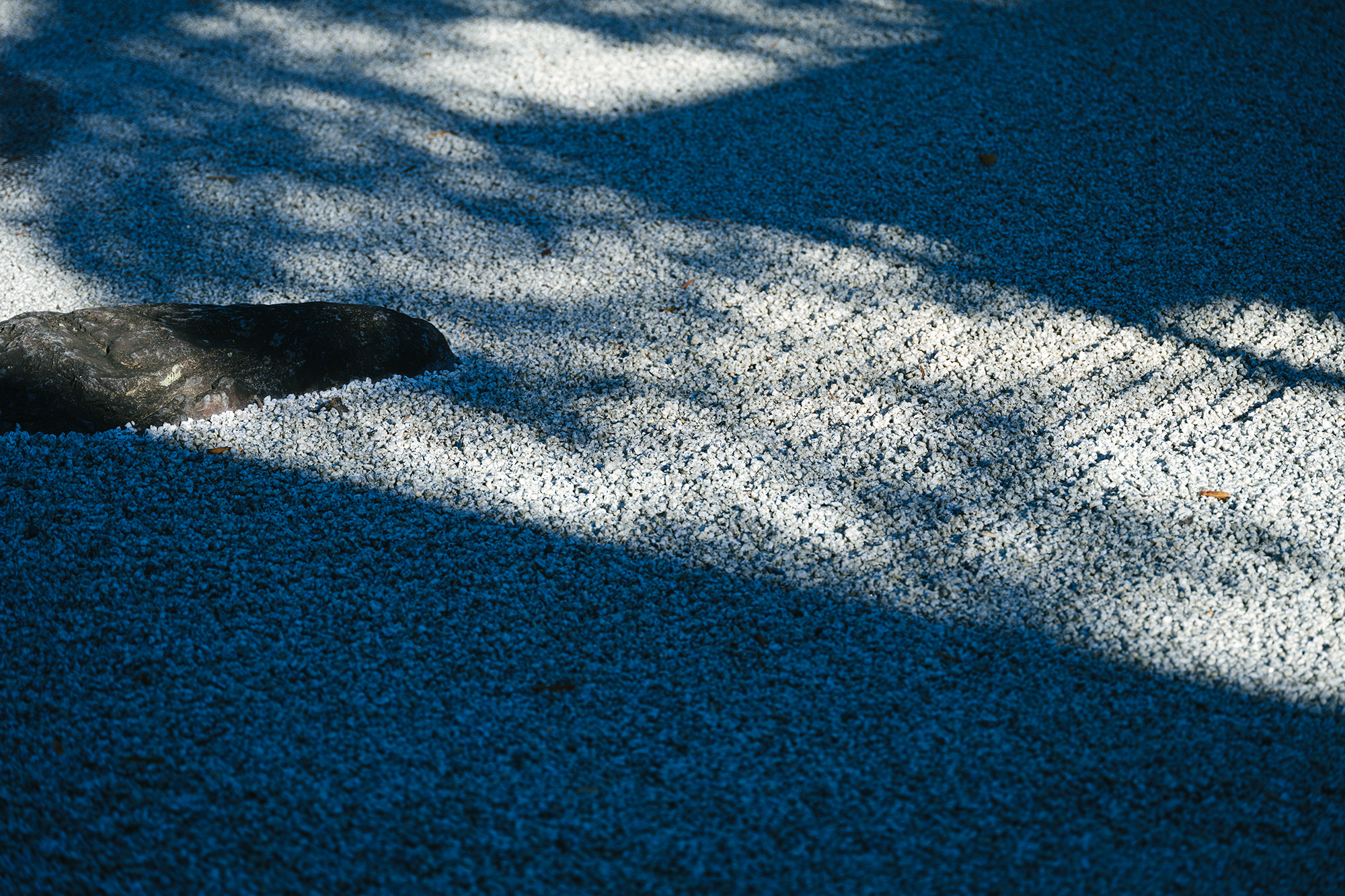
VOL.1-12
Update
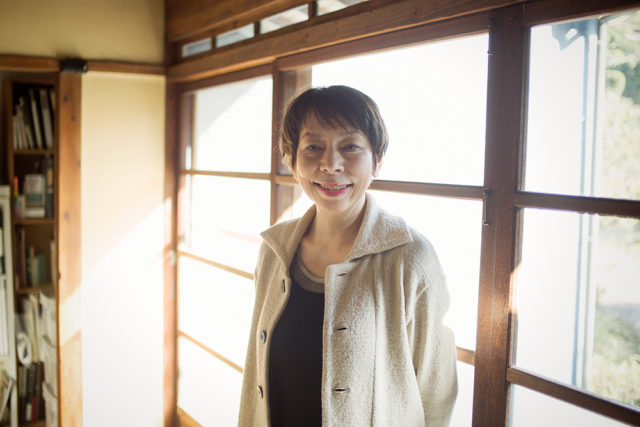
VOL.1
Update
We share a variety of information and perspectives on Japanese crafts, including exhibition information and interviews.
New Products VOL.19
Exhibition • Event Report VOL.27 AD
New Products VOL.18
Editor's Column "Craft Production Regions" VOL.4 AD
Jun 26 – Jul 2, 2025
KAKIDEN GALLERY
Jun 28 – Jul 6, 2025
PAKUPAKUAN
Jun 28 – Sep 28, 2025
Museum of Modern Ceramic Art, Gifu
Jun 29 – Sep 7, 2025
Midorigaoka Art Museum Annex

Sugahara Glassworks was founded in 1932. The company was started by Kazuma Sugahara, a glass craftsman, in Kameido, Koto-ku, Tokyo, to produce glass products on a made-to-order basis. They later relocated to Kujukuri in eastern Chiba Prefecture, and established the Sugahara Glassworks workshop near the shallow sandy beach there, where the blue of the endless sea and sky spread out, and shifted the focus of their business from manufacturing made-to-order products to the planning, manufacturing, and sale of self-developed goods. Soon after, “Coffee Jelly,” a container for coffee jelly, became popular and was adopted in coffee shops all over Japan. The fact that many people are using the products that the company created through trial and error fostered the spirit of “craftsmanship to embrace daily life,” which can be said to be the core spirit of Sugahara Glassworks. The company is currently headed by Yusuke Sugahara, the third generation descendent of the company founder, and operates under the corporate philosophy of “aiming for the simple happiness of all people involved with our products, from the creator to the user.” Yusuke says, “While our goal is to bring joy to the user, this can only be achieved if everyone involved is happy, including the craftspeople who make the products and the employees of the stores that deliver them.” The world of craftsmanship, in particular, is naturally demanding, but “the best thing is for the makers to enjoy themselves while honing their skills, making good products, and making the customers, who are the users of the products, happy.”
Sugahara’s greatest strength lies in their extensive repertoire of techniques for shaping glass. By making full use of a variety of techniques, from kata-buki (mold-blowing) to chu-buki (free-blowing) and even unblown glass, Sugahara is able to develop a surprisingly diverse range of products. This is largely due to the proactive approach of the artisans to product development. Yusuke’s only requirement to his artisans is to “make products that can be used in daily life.” To this end, he does not question the techniques used. This culture of freedom in development and production has encouraged the artisans to be more ambitious in their craftsmanship, and has nurtured their skills in utilizing a variety of manufacturing methods. Because these artisans know glass best, they are able to devise designs and manufacturing methods that bring out the beauty of glass. It is not difficult to imagine why they have become the source of Sugahara’s strength.
Among Sugahara’s many products, the flagship “duo” series has been the top-selling product for the 27 years since its launch. This product, designed with two layers of glass, utilizes a unique Sugahara technology. While popular products usually vary by region, duo has been highly acclaimed around the world. Now that we are entering the post-pandemic era, the company plans to focus even more on “Sghr Materials,” a brand for architectural and interior decorating spaces that was launched in 2019. We are sure that Sugahara’s unique craftsmanship will continue to color the lives of many people in the future.
